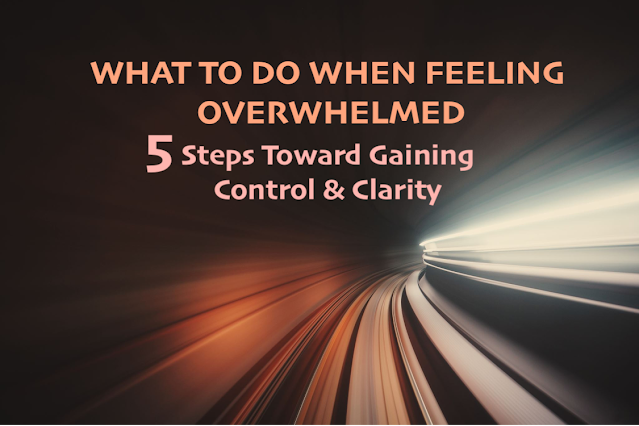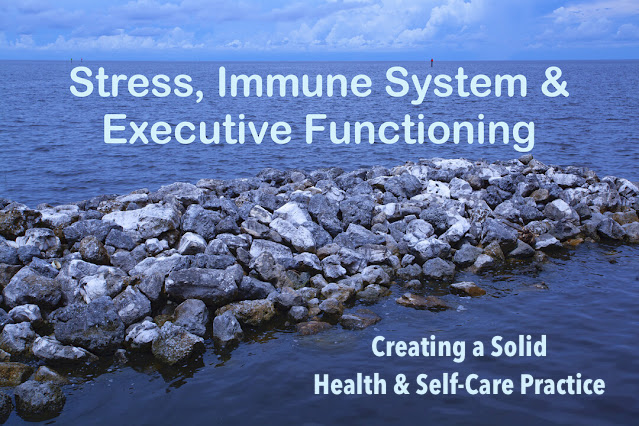FALLING ASLEEP FASTER & LONGER THROUGH THE PRACTICE OF MINDFULNESS MEDITATION: Your Guide to Restorative Sleep
A NATURAL SLEEP REMEDY IS THE PRACTICE
OF MINDFULNESS MEDITATION TO OFFSET
AN OVERACTIVE BRAIN AT NIGHT
Sleep disturbance is a common health complaint, affecting approximately 10-25% of the general population and pharmaceutical sleep aids remain the first line treatment for insomnia and other related sleep issues. Although they can be effective, they also have the potential for abuse and cross-reactivity with other medications, as well as a plethora of side-effects.
Going to bed with a head full of mindless mental chatter is not likely to produce a good night's sleep. We've all been there. Shutting off and blocking out the mental noise feels like a daunting task, making it harder to finally get to sleep, and even harder to remain asleep.
Mental Fatigue
Mental fatigue, in a fast-paced, fear of missing out (FOMO) culture, is the eventual sequelae to multi-tasking and lack of restorative sleep. Mental fatigue is also the by-product of day-to-day pressures, and has a cumulative negative effect on your brain's executive functioning system.
Complicating the picture and quite concerning is the inverse relationship restorative sleep and anxiety share-
as restorative sleep decreases,
feelings of anxiety increase.
When Mindfulness Meets Meditation
Meditation is a system intended to bring a heightened state of awareness and focused attention, while mindfulness describes the specific manner of living that is cultivated through this system.
Mindfulness is the basic human ability to become fully present, without feelings of overwhelm or over-reactivity; it focuses on accepting the present moment without judgment. Mindfulness practices are known to induce a calming state, which will lead to improved sleep quality.
Combining mindfulness with meditation will allow you to slow down, to go inwardly, accessing deeper insights and a more rhythmic breath. In contrast to a time-out, it's more of a time-in, and can be viewed as a mental training practice with a sense of inner peace as its ultimate goal.
Meditation can help us fall asleep faster and remain asleep longer. While any style of meditation that works for you is good, the more recent research supports mindfulness meditation.
Be Here Now
-Ram Dass
In addition, sleep researchers are continuing to make powerful, and even surprising, discoveries about the science of sleep. It wasn't long ago that sleep was described as a passively dormant body and brain state, in which little, if anything, was happening. But, as it turns out, the various intricate and coordinated activities occurring during sleep are vital to life, affecting both our mental and physical health.
The Neuroscience of Sleep & Meditation
Throughout sleep, we cycle (several times) through 5 stages, which consist of stages 1 through 4, and then rapid eye movement (REM). All five stages are necessary for restorative sleep to occur. Brain waves of the various brain frequencies are measured by electroencephalogram (EEG) test. These waves correspond with Greek letters and are delta, theta, alpha, beta and gamma. Delta brainwaves are the slowest, highest amplitude brain waves, and they are the waves we experience when deeply asleep, while alpha brainwaves are associated with a calm, relaxed, and creative state. They increase during meditation.
Neurotransmitters, the body's chemical messengers, are affected and enhanced during meditation.
Serotonin
GABA: the central nervous system “calming” amino acid
Endorphins: the natural high and pain-relieving neuropeptide
Melatonin: the sleep hormone
The Basics of a Meditation Practice
Starting a meditation practice does not have to be complicated. A quiet place and a comfortable seat are all you need to begin.
- Sit or lie comfortably.
- Focus your attention on your breath and on how your body moves with each inhalation and exhalation.
- Breathe naturally.
- Notice when your mind and thoughts wander and bring your attention back to your breath.
- Optional: Add an essential oil, such as lavender, to facilitate relaxation.
- You can even explore adding Yoga Nidra to your evening routine. Click here —> YOGA NIDRA
How to Get Restorative Sleep
A nightly meditation practice can do wonders for stress management, and help you feel calm and serene. Here are some helpful tips:
★Your bedroom should be cool and dark, and free from distracting noise and devices. Some find white noise or background sounds of nature soothing.
★Try to keep to a schedule. Attempt to go to bed and wake up at the same time each day.
★Avoid consuming caffeinated beverages after noon and late night snacking.☀Get some sunlight. Just 20 minutes of natural light exposure during the morning will help your body produce melatonin when it's time for sleep.
In Conclusion, many turn to medication for relief while a natural sleep remedy not often considered is a regular meditation practice.
The regular practice of meditation provides long lasting health benefits to the mind and body, including increasing volume in brain regions, reducing anxiety and depression, and improving immune function.
Meditation also improves insomnia and sleep quality, which will result in higher levels of energy during the day. It helps us fall asleep faster and remain asleep longer, with fewer nighttime awakenings. The benefits are achieved in only 10 minutes per day; a nanoscopic investment in time as compared to its return on investment.
The information presented in this blog is intended for general knowledge and is not a substitute for medical advice or treatment. Individuals with medical and/or sleep disorders (or suspect there may be an underlying concern) are encouraged to seek professional consultation and follow the recommendations outlined by their clinical team.
If you enjoyed this article and would like to read more, then let's connect:
FACEBOOK: Marie Therese Rogers
Atlantic Behavioral Health Professionals
Life in Focus
LINKEDIN: Marie T. Rogers, Ph.D.
INSTAGRAM: Mariethereserogers
YOU ARE ALSO INVITED TO LISTEN TO THE LIFE IN FOCUS PODCAST ON APPLE AND OTHER STREAMING DEVICES.













Comments
Post a Comment